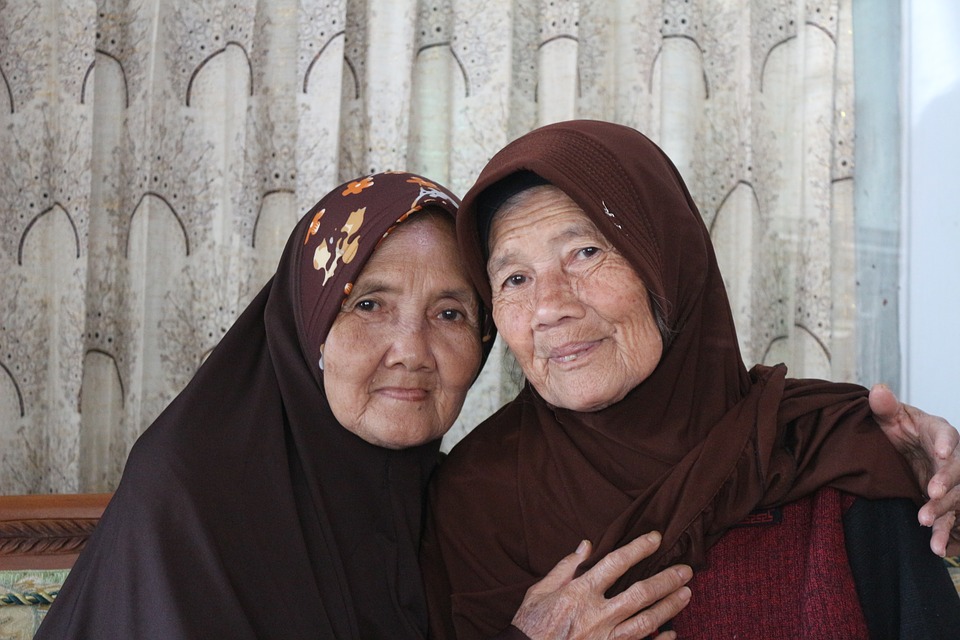Elder Law
Types Of Abuse Elderly People Face In Nursing Homes
Elderly abuse is an increasing problem as a growing number of persons reach their older years. Many senior citizens will need placement in residential or experienced nursing facilities as they are incapable of caring for themselves. Our senior citizens are required to spend their later years in comfort and safety, not in panic or deprivation.
The following are the signs of nursing abuse one should know to ensure your loved ones do not undergo through them.
Physical Abuse
 They are the commonly reported cases. This results when a caregiver inappropriately strikes or touches someone under his or her care. It can be done by biting, pinching, hair pulling, kicking, hitting or over-medicating the resident. The disabled are at a higher risk, and the risk is equal between both genders to the residents. Symbols of physical abuse can be welts, sores, or bruising, scratches, broken bones, or bite marks.
They are the commonly reported cases. This results when a caregiver inappropriately strikes or touches someone under his or her care. It can be done by biting, pinching, hair pulling, kicking, hitting or over-medicating the resident. The disabled are at a higher risk, and the risk is equal between both genders to the residents. Symbols of physical abuse can be welts, sores, or bruising, scratches, broken bones, or bite marks.
Emotional Abuse
Emotional abuse can result in mental distress in a vulnerable resident. A caregiver who screams, curses, or threatens a resident can cause fear and depression in those dependent on them for care. Isolating, restraining, refusing to speak to a resident or allow them access to news, phone calls, or interaction with others may be emotional abuse. A resident who was interactive and social who becomes quiet and withdrawn may be fearful of further abuse.
Sexual Abuse
It is often driven by a need to control and dominate. Frail, elderly or disabled men and women are at risk of abuse from sexual predators because of their inability to protect themselves. Signs of sexual abuse can be injury around the genital area, the diagnosis of sexually transmitted diseases or discomfort in the buttock or genital area. It can be forced sexual contact, manipulating a mentally disabled person into sexual behaviors or the making of inappropriate comments of a sexual nature.
Financial Abuse
It’s the misappropriation of a resident’s belongings, money or inappropriately accessing bank accounts. A caregiver who solicits tips or compensation in addition to his or her pay may be guilty of financial abuse. Billing for care that was not provided can be a form of fraud and financial abuse.
Nursing home personnel should be screened for a background of abuse and trained in abuse prevention and how to care for residents with behavior disturbances. But this is not a guarantee that abuse will not occur. Staff who are impatient or unable to depersonalize the behaviors and understand why they occur are at risk of abusing the behavioral resident.



